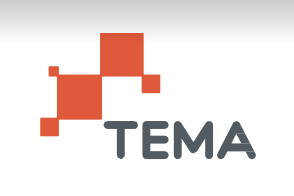
TEMA seeks to advance the analysis of "extreme data" within the field of natural disaster management. In the context of the project, "extreme data" are data that are complicated to process because they are difficult to access, changing or discontinuous, or impossible to process adequately with current technology. The project will develop a platform where tools and models will be integrated to analyze and fuse heterogeneous data (local sensors, remote measurements, meteorological models, data obtained from social networks and websites, etc.) to facilitate the prevention, detection and response to natural disasters.
Our Computer Vision team is contributing with tools for the detection of events such as fire or floods (building on previous work in SILVANUS project), propose improvements in model training processes ("zero/few shot", models in which there is hardly any training data); develop visual models that are mixed with natural language (CLIP) and also make advances in the field of explainable artificial intelligence (xAI).
Among other reasons, BDS R&D participation in this project is of interest insofar as, in the first instance, fire and smoke detection is included in the Eviden's offering within its Computer Vision Platform, to which we already contribute with project results such as the aforementioned SILVANUS. Looking further into the future, participating in TEMA will allow the implementation of new computer vision functionalities with commercial value (e.g. flood or other disaster detection, image searches using natural language, etc.) while offering the opportunity to develop technical competences that favor in a transversal way the development of Computer Vision, as for example the advance in zero shot or xAI.
